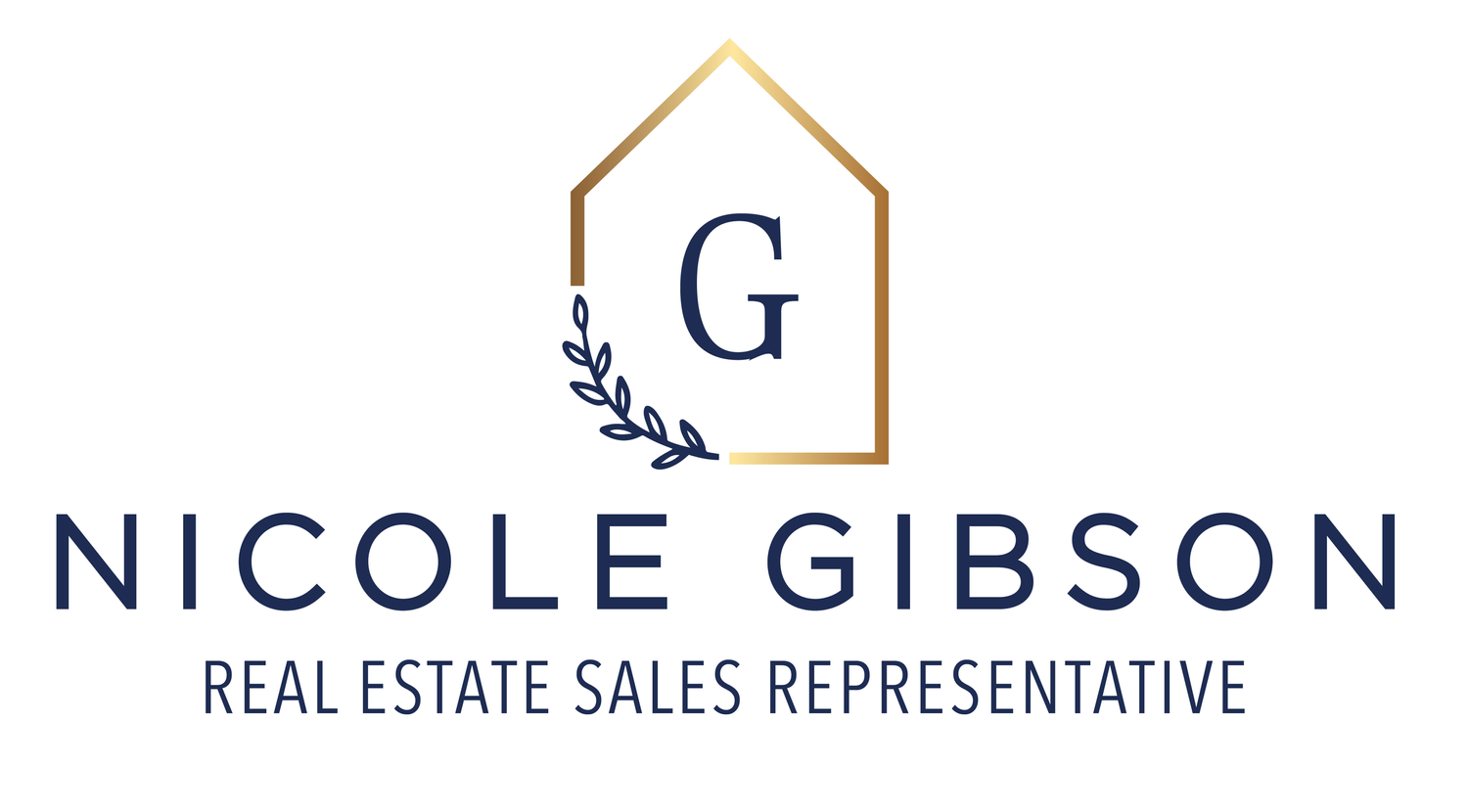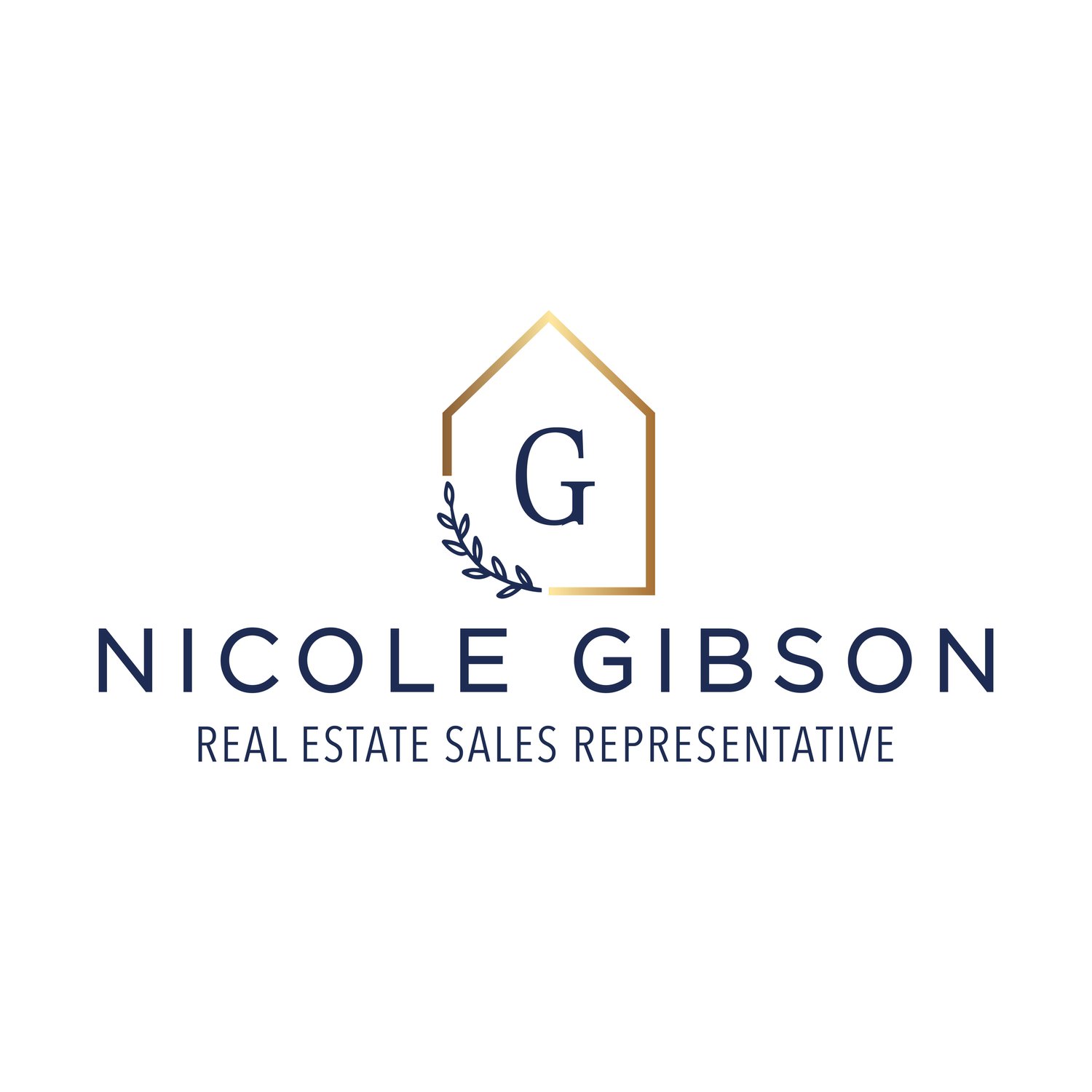
Whether it’s your first time or you’ve been here before…
Let’s own it together.
Pre-Approval
Before you begin to look at homes, the first best step is deciding on a lender that you’re comfortable with. You can meet with your chosen lender to prepare and discuss the fine financial details, working with you toward a purchase price that works for your financial budget & lifestyle.
Important points to discuss:
What interest rate are they offering & what is the best mortgage for you?
What documents do they need from you to approve your lending?
Are they able to provide you a pre-approval in writing?
Can you offer firm on a property? Or do they require a financing condition?
How much are you putting down on the property? What is CMHC?
Are you eligible for bridge financing if you are to own 2 homes simultaneously?
If this is an investment or subsequent property, how does your approval, interest rate or down payment vary?
Are you eligible for bridge financing?
Preparedness is key to purchasing a home, especially in a hot seller’s market like 2020/2021.
Timeline
Having a timeline in mind of when you can and are willing to move is imperative to starting the house-hunting process.
At times, a seller may require a fast closing date (30 days for instance) to meet their own personal requirements. In other cases, a seller may need a longer closing date (90+ days) in order for their own move to go smoothly or in certain scenarios like an estate sale.
If you start the search too early (before being pre-approved or eligible to move) you may not be able to come to an agreement with a seller, depending on the closing date they need. If you’re not prepared, it is difficult to compete in seller’s markets where they may be multiple offers.
If you have your own property to sell in the process, this planning process becomes even more imperative, as to whether you list your home before selling, or if you prefer to list your own home after purchasing. Both options have their own benefits and challenges. The market and whether it is a seller’s market, balanced market or buyer’s market directly affects these deciding factors.
Let’s discuss strategy and the time-line that works for you, and plan your your search in connection to your plans, wants & needs.
Costs involved
Make sure to consider all costs involved in moving, whether it’s your first move or a subsequent move.
Consider/ask questions about:
Land Transfer Tax
First Time Home Buyer Tax Credit
Moving Costs: movers, storage, double payments for carryover time of rent + mortgage or bridge financing
Lawyer Fees
Home inspection/Pre-Inspection
Move-in costs: Immediate renovations, future renovations, necessary upgrades, contingency fund, aesthetics such as painting & decor
Setting up utility bills & insurance
Annual taxes
Another factor to consider is the deposit that you will be asked to put down on a home, requested by the seller. As a general rule of thumb, a deposit may be requested for the home you’re purchasing & provided by you (the buyer) within’ 24 hours of acceptance of your offer. Let’s discuss in detail the deposit in relation to your purchase price and how to have this readily available to be prepared when you find the home you love!

Location, Location, Location!
It’s an old adage, but it’s not just a “made for tv” saying. I’m a firm believer that you could buy the home of your dreams, but if it is not in the right location, you’ll find yourself soon longing to move. Of course, your personal budget, necessity, occupation, family or schools drive the location, but your lifestyle should work into the equation too. Work, recreation, entertainment, safety, parks, schools, transit, walk-score & locale are key considerations to consider when purchasing.


